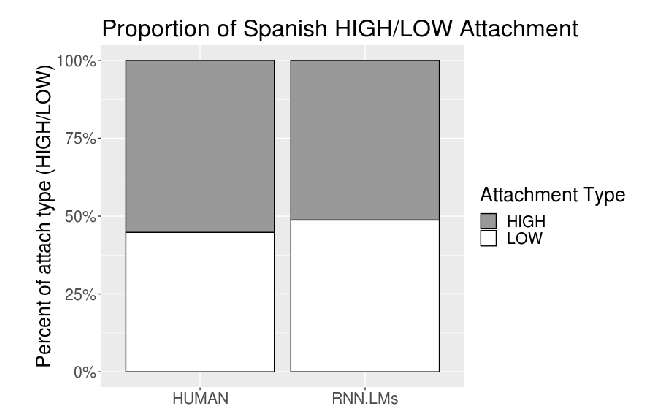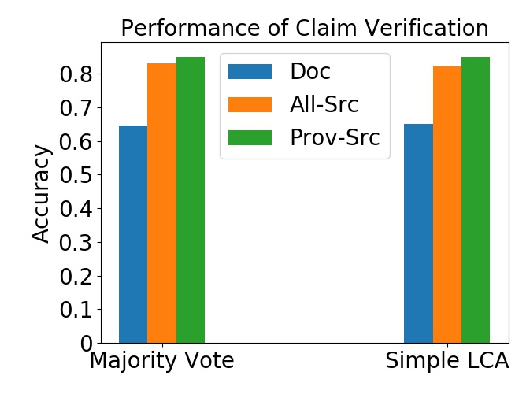What determines the order of adjectives in English? Comparing efficiency-based theories using dependency treebanks
Richard Futrell, William Dyer, Greg Scontras
Cognitive Modeling and Psycholinguistics Long Paper
Session 4A: Jul 6
(17:00-18:00 GMT)

Session 5B: Jul 6
(21:00-22:00 GMT)

Abstract:
We take up the scientific question of what determines the preferred order of adjectives in English, in phrases such as big blue box where multiple adjectives modify a following noun. We implement and test four quantitative theories, all of which are theoretically motivated in terms of efficiency in human language production and comprehension. The four theories we test are subjectivity (Scontras et al., 2017), information locality (Futrell, 2019), integration cost (Dyer, 2017), and information gain, which we introduce. We evaluate theories based on their ability to predict orders of unseen adjectives in hand-parsed and automatically-parsed dependency treebanks. We find that subjectivity, information locality, and information gain are all strong predictors, with some evidence for a two-factor account, where subjectivity and information gain reflect a factor involving semantics, and information locality reflects collocational preferences.
You can open the
pre-recorded video
in a separate window.
NOTE: The SlidesLive video may display a random order of the authors.
The correct author list is shown at the top of this webpage.
Similar Papers
Recurrent Neural Network Language Models Always Learn English-Like Relative Clause Attachment
Forrest Davis, Marten van Schijndel,

Probing for Referential Information in Language Models
Ionut-Teodor Sorodoc, Kristina Gulordava, Gemma Boleda,

Knowledge Supports Visual Language Grounding: A Case Study on Colour Terms
Simeon Schüz, Sina Zarrieß,

